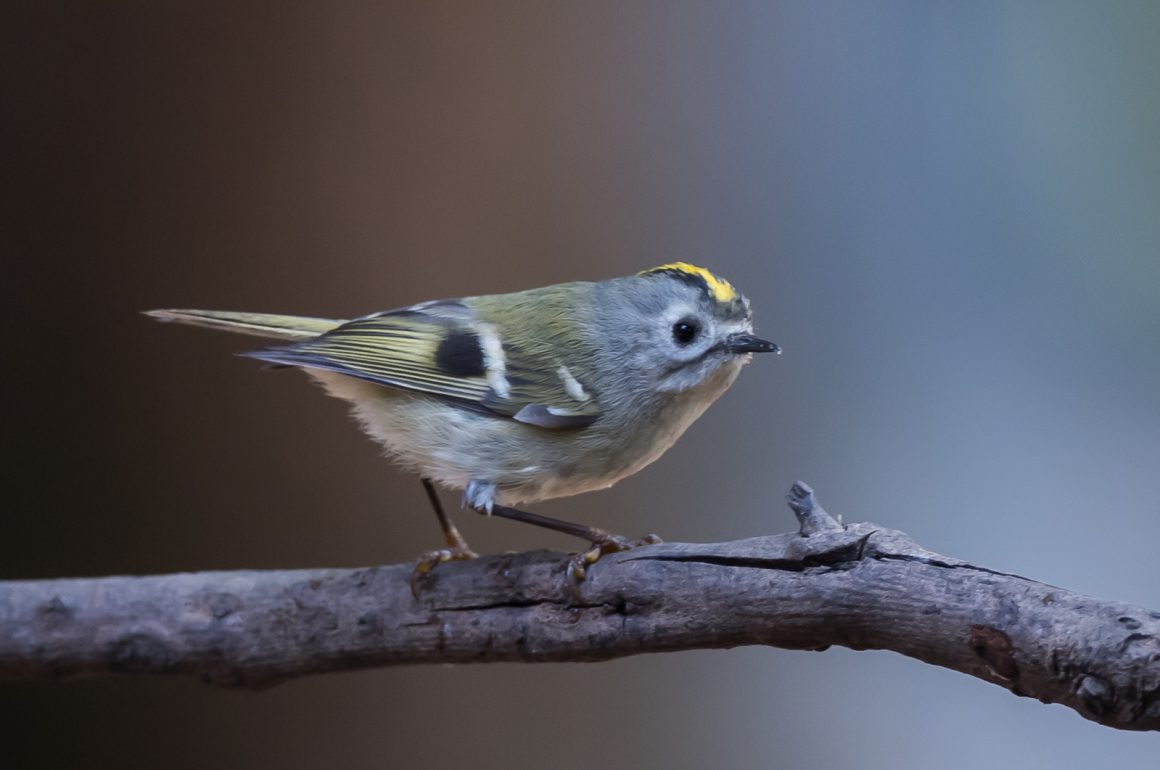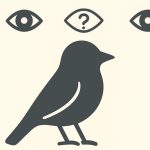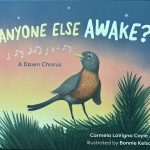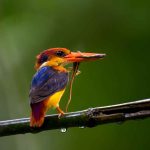
Note: The question originally posed to 10,000 Birds was “Is it true old birders can no longer hear the high pitched songs of goldcrests and of women? And that only one loss is troubling?” At the danger of being categorized as woke, we modified the question to the version in the title – even though this will probably lead to us never getting any funding from the current US Government.
Yes, unfortunately, it is true. Many older birders gradually lose the ability to hear high-pitched bird calls due to age-related hearing loss. This typically affects the higher frequencies first, which includes the calls of many birds, especially:
- Warblers
- Kinglets
- Waxwings
- Grasshopper Sparrows
- Creepers
While obviously, this hearing loss is not unique to birders, it can be particularly frustrating for them. Then again, Beethoven could not even hear his 9th Symphony anymore, while older birders can still see the birds.














The late, great Bruce Bowman of Michigan birding fame had actually built himself a device that would lower the frequencies of warbler calls – essentially a birding version of the ultrasound detector.
At 50+, bird calls are still okay but I really struggle with grasshoppers & crickets. Sad world we live in…
It’s true and I can still hear firecrests so I am not old.
Living in Africa, hearing high pitched crickets/grasshoppers/cicads at night is unavoidable. If it gets too bad, then noise canceling headphones do a surprisingly good job.
Peter, I just thought yesterday that anybody who thinks of himself as “young at heart” definitely is old. Your comment leads me to the same conclusion about you. Then again, we are the same age, so it is a bit of an own goal.
I think this is a very good question and one all birders need to be aware of. Birder or not, many people live in noisy environments. The noise of trucks, cars and landscaping equipment are routine parts of our day. To add insult to injury we seek out for pleasure more noise in sports stadiums, music venues and noisy water sports – just to name a few. Finally, dare I say, those little innocent appearing ear buds we see everyone using to live in their own little world are not helpful. I use them too. And there are many, many more examples all typically without ear protection. I love the sound of bird song and calls and use them all the time when birding. This said, a couple of years ago I realized that I was no longer hearing overhead flying Chimney Swifts and Cedar Waxwings (a dismay to me as I love both of these birds’ sounds.) I have seen plenty of both Golden and Ruby-crowned kinglets and Brown Creepers this year. But I have not heard them. I am still able to hear Yellow-rumped and Yellow warblers and this was a relief to me. Fortunately, the loud singers – e.g. wrens, thrashers, robins, cardinals, are still easily heard. But, it’s really the little guys – e.g. the warblers, vireos, kinglets, creepers, etc. – that good hearing is required to know they are even present. In the USA, warbler season along with other neotropical migrants is now upon us with the arrival of most to come in the next 3 weeks or so. I’ll be testing my hearing this whole month. Sorry this is so long: the moral of all these words, birders and non-birders alike, protect your hearing.
Well said, Cathy!